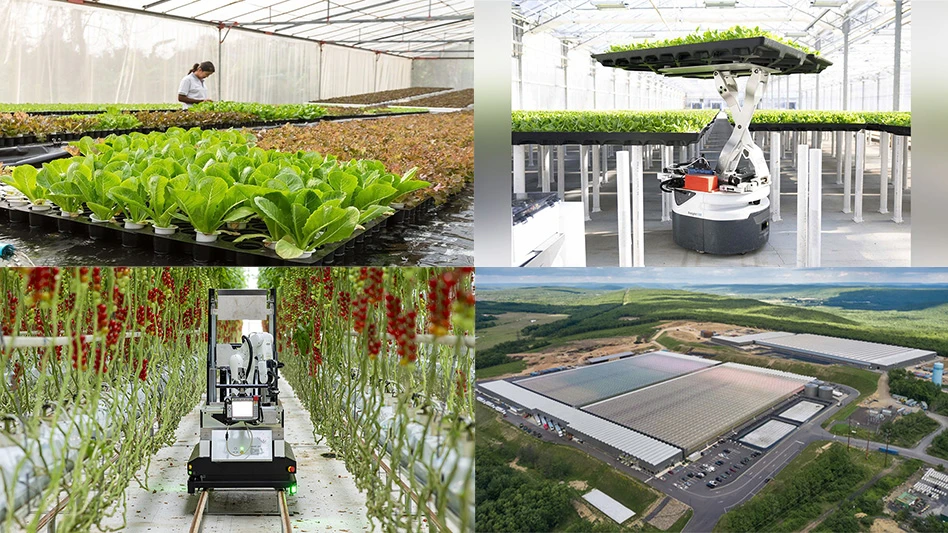
While neonicotinoid pesticides can harm honey bees, a new study by Washington State University researchers shows that the substances pose little risk to bees in real-world settings.
The team of WSU entomologists studied apiaries in urban, rural and agricultural areas in Washington state, looking at potential honey bee colony exposure to neonicotinoid insecticides from pollen foraging. The results were published in the Journal of Economic Entomology this spring.
After calculating the risk based on a “dietary no observable adverse effect concentration” – the highest experimental point before there is an adverse effect on a species – of five parts per billion, the study’s results suggest low potential for neonicotinoids to harm bee behavior or colony health.
For more information, click here.
Photo by Cassie NeidenLatest from Produce Grower
- Cox Farms partners with Feeding America to tackle food insecurity
- Ethical labor practices supported by third-party certification programs
- Spotlight on strawberry production
- Relationship building
- Growing small to trial leafy greens
- IFPA expands team, launches strategic plan
- Downy mildew
- Thought Leaders to Share Insights at Clemson FRESH Food, Packaging & Sustainability Summit





